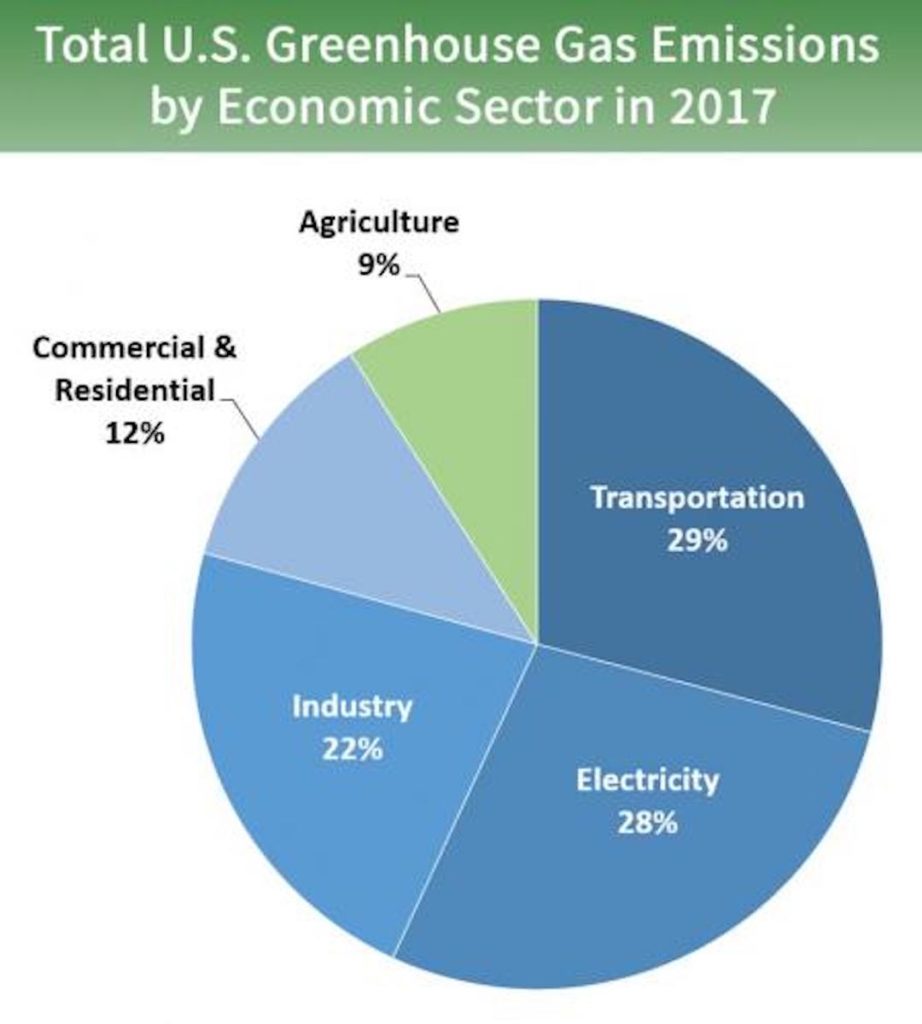By Cat Urbigkit, Range Writing columnist for Cowboy State Daily
Hollywood’s Golden Globe Awards ceremony made the news for its climate-change awareness with much ado about its meat-free dinner.
The Hollywood Foreign Press Association (HFPA), which organizes the event, made the decision to serve an entirely plant-based meal out of concern for climate change.
That was apparently the extent of the climate change concern, since thousands of flowers that decorated the ballroom were flown in by jet from Ecuador and Italy.
I haven’t seen an estimate of how many Italian flowers were used this year, but 10,000 blooms came from Ecuador, and last year, 20,000 tulips were flown in from Holland.
It seems odd that such extravagance is necessary when all the luxuries needed to stun attendees could be harvested right there in California.
Organic meats are raised in natural grazing systems throughout the state, and California also happens to be the largest cut-flower producing state in the nation. If HFPA wanted to have a positive impact on the environment and the climate, it could simply reduce its impact by buying local.
The awards came during the strange month of Veganuary, in which people are encouraged to go vegan for the month – omitting all animal products from their diets, as if animals are the worst things for the planet.
The Guardian columnist George Monbiot certainly thinks so. His view is that food farming and fishing “are the most environmentally damaging of all industries.”
He’s predicted the end of food farming (not just animal farming) within a few decades, claiming that the world’s population should soon be fed on food created in labs from bacteria, and all we would need to grow is some fruit and vegetables. He claims commercial fishing is a worse threat to the world’s oceans than plastics. And he gets paid to write this stuff.
The Environmental Protection Agency’s estimate of total U.S. greenhouse gas emissions include agriculture’s 9% share. Of agriculture’s 9%, only one-third is due methane emissions from livestock.
Take a look at EPA’s emission’s pie-chart and then try to explain why animal agriculture is receiving so much negative attention as the cause of the climate crisis by the jet-setters.

Even on a global scale, agriculture (all agriculture, not just animal ag) is responsible for only 13 percent of greenhouse gas emissions, so the assault on ag seems all far of proportion to its impact.
Yet the notion that animal agriculture has a huge negative impact on climate has taken hold: Note the hypocrisy of an actor (Joaquin Phoenix) flying to the nation’s capital for one of Jane Fonda’s Friday climate change protests so he could urge people to not eat meat. He actually flew across the country to deliver the anti-meat message.
The New York Times recently published a column on Effortless Environmentalism, suggesting consumers should eat less meat and fewer dairy products, and that we can also pay for our sins by buying carbon offsets for air travel.
Curious about how one could pay money to offset air travel emissions, I found that the money goes to projects such as this one “by protecting land from conversion to agricultural, a rich ecological habitat is maintained.”
But the land is already agricultural: a working cattle ranch in Colorado. The money to “offset” emissions simply goes to fund a conservation easement so the land can continue to be operated as it has in the past.
Another project on the same site was also for a conservation easement – paying the Hawk Mountain Sanctuary in Pennsylvania to not allow commercial timber harvest within its confines.
Other projects simply provided further protection for land that was already under some level of protected status, or to fund monitoring and management of these protected areas, or to expand national park borders in other countries.
Since I have a few United Airlines flights in the coming weeks, I checked into buying carbon offsets for those flights directly from the airline. And learned that my sin-money would then be passed to Conservation International.
I checked out Delta’s program, and found: “Donations support forest conservation and restoration efforts while empowering local communities to transition to sustainable livelihoods.” Delta’s carbon offset funding apparently goes to The Nature Conservancy.
While many of these carbon-offset programs simply fund environmental groups, I suggest that if you really want to pay to offset your air travel emissions, you might want to examine where your money will be spent.
I found great projects coordinated by terrapass, including those that enable farms to make better use of animal waste, and landfill gas capture projects turning garbage into energy.
England’s vegan activist/columnist Monbiot fronted a show called Apocalypse Cow in which he put forth the argument that farming is the ruin of the world, and food farming needs to be replaced by factories producing food from bacteria. Yes, to save the world, food farming must be wiped from the face of the earth.
What these anti-animal-ag activists tend to ignore is that across large swaths of the world, livestock are grazed in areas that are otherwise unsuitable for food production; and all food production has an environmental impact. The planting of monocultures (row crops) for vegetable production is not really known an environmentally friendly method of food production.
They’ve also forgotten the precaution about not putting all your eggs in one basket. Centralizing food production into industrial settings is trending, but we know that disease outbreaks in such facilities can cause catastrophic loss.
Just look at China’s current pig crisis – the world’s largest animal disease outbreak. The same concern applies to food crops: Remember the Irish potato famine? The blight hitting potato crops ending up causing the death of about one million people.
Advocating the mass-production of food in laboratory or industrial settings is pushed by zealots who fail to recognize the tremendous risk to humanity’s food security. When we look at food production on a global scale, we find inequality, with food insecurity, hunger, and poverty. That we would take action to cause further harm is appalling.
Efforts to have giant food-technology businesses monopolize the world food supply should be rejected. Instead, grow local, buy local, eat local. Don’t adopt a system of industrial ag over regenerative farming techniques that sequester carbon and improve soil health.
In all our discussions about global meat production, we rarely mention the significant pillars of the foundation of animal agriculture. One is the religious beliefs that tie people to domestic animals, and the rich cultural heritage of tending to animals throughout human history (in various ethnic groups around the globe and over time).
We neglect the importance of the second part of the word: agriculture. Agriculture is based on culture, which means to cultivate or grow, but also includes “the concepts, habits, skills, art, instruments, institutions, etc. of given people in a given period; civilization.”
Cat Urbigkit is an author and rancher who lives on the range in Sublette County, Wyoming. Her column, Range Writing, appears weekly in Cowboy State Daily. To request reprint permission or syndication of this column, email rangewritesyndicate@icloud.com.





